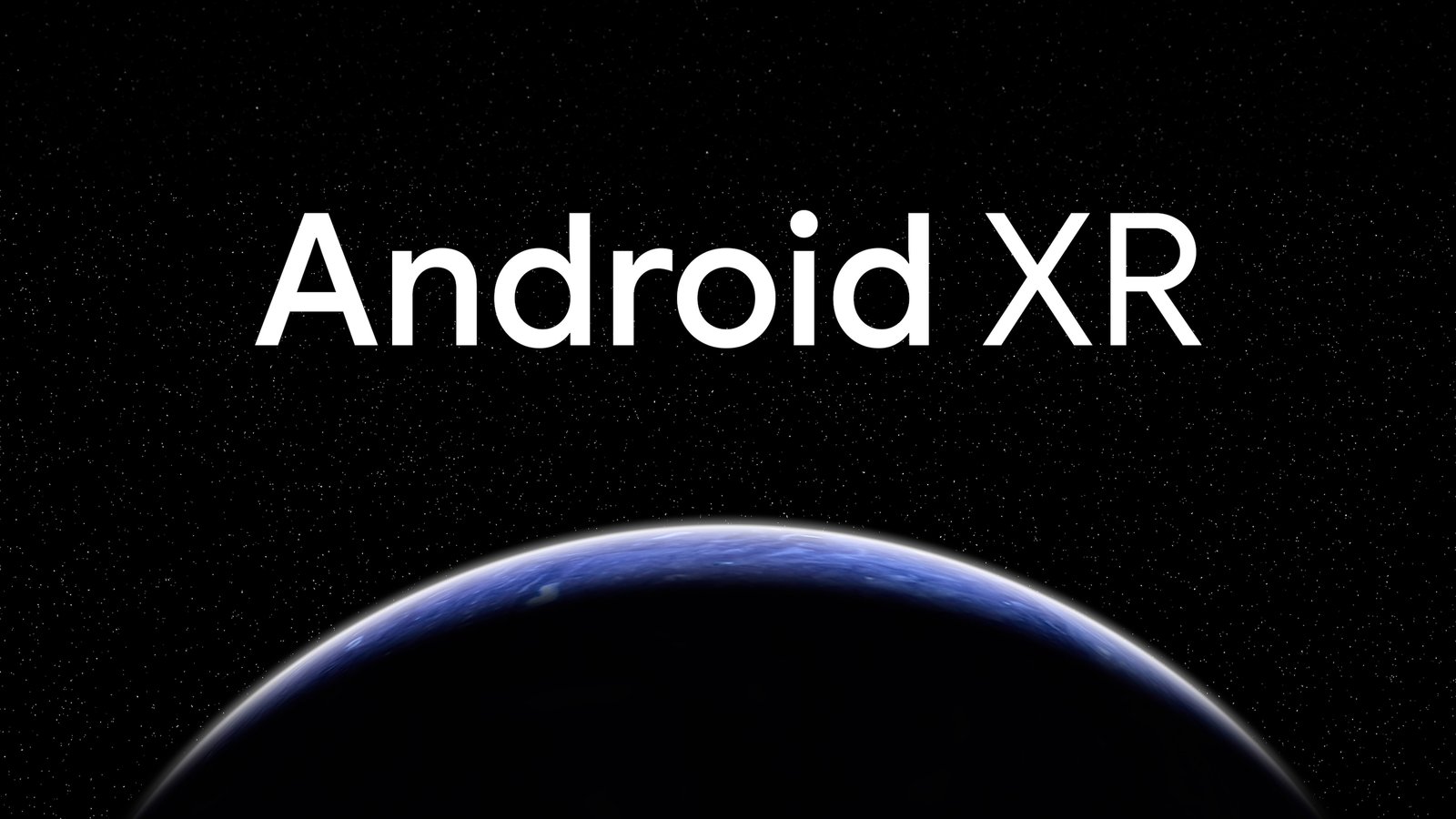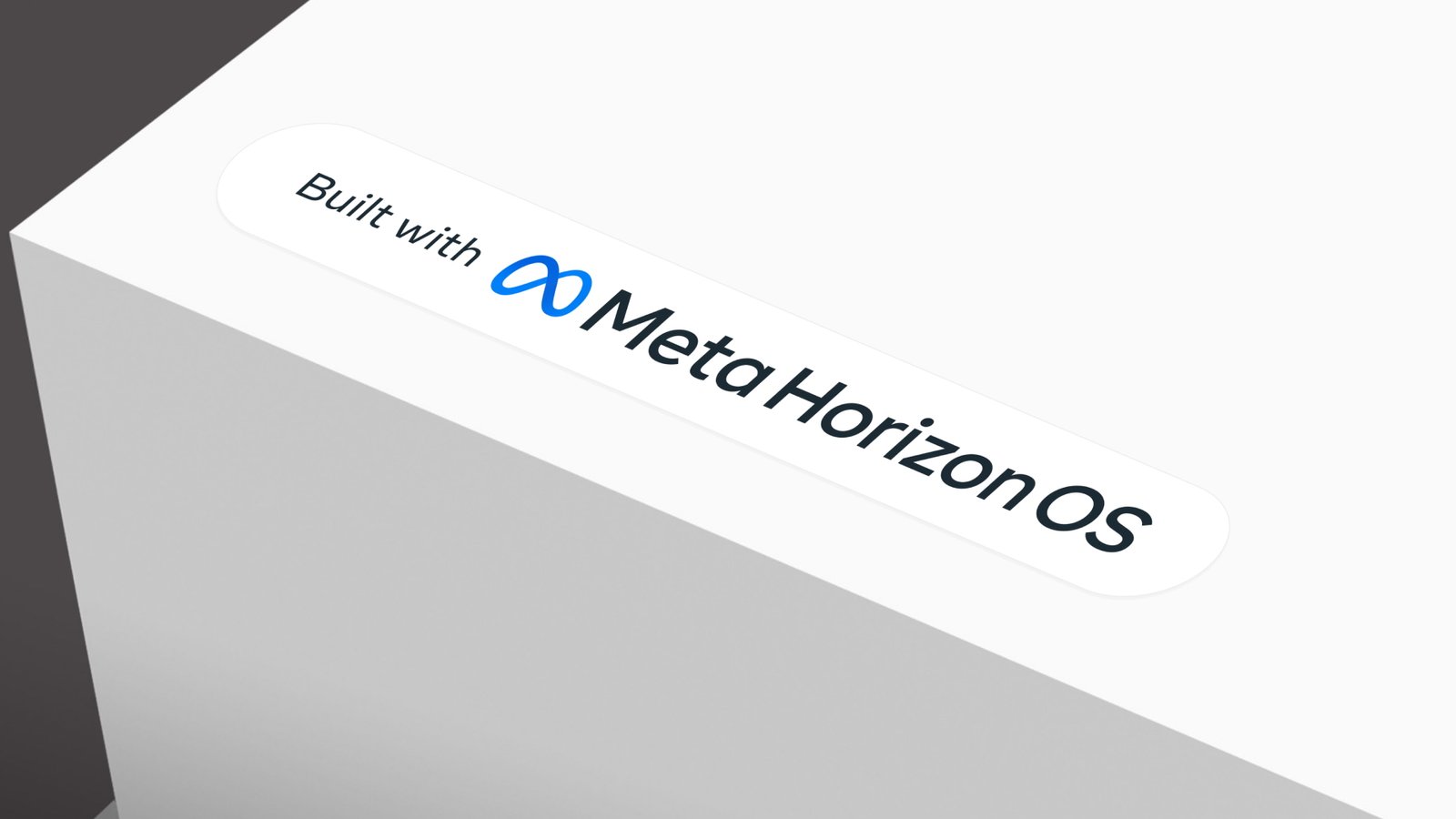
Bringing the Play Store to XR
Google’s Android XR OS will offer a consistent foundation of Android apps and Gemini AI commands to mixed-reality headsets, AR glasses, and smart glasses. Assuming it doesn’t join the Killed by Google graveyard, it has the potential to change the XR landscape. But the actual devices will come from partners like Samsung.
For
- Works across XR, AR, and smart glasses
- Access to Google’s app library and Play Store apps (that opt in)
- Gemini AI smarts
- Snapdragon partnership
- Major partners like Samsung, Sony, and Xreal
Against
- Google has abandoned VR/AR projects before
- Google has no plans to sell its own XR hardware yet
- Google is behind Meta for gaming dev partnerships, brand awareness with gamers

The XR Goliath to beat
Meta is best known for its Quest headsets, but its Meta Horizon OS is available to third-party partners, giving them access to the Quest gaming library, Meta AI, and an interface that’s been tweaked and improved across a ton of updates. It has the edge for gaming and its sales foothold but lacks Google’s access to millions of apps.
For
- Established, popular Quest and Ray-Ban hardware
- Offers massive Quest library of games
- Meta AI smarts
- Snapdragon partnership
- Major partners like ASUS ROG, Lenovo, and Xbox
Against
- Reality Labs behind XR is hemorrhaging money
- A major dearth of non-gaming apps
- Doesn’t have the benefit of close phone synchronicity or an app store
You might think it’s premature to compare Android XR vs. Meta Horizon OS, given that we won’t see any Android XR headsets until 2025 at the earliest. But based on everything Google has explained about Android XR’s features, hardware, and software, it’s remarkable how similar these two operating systems will be.
…
